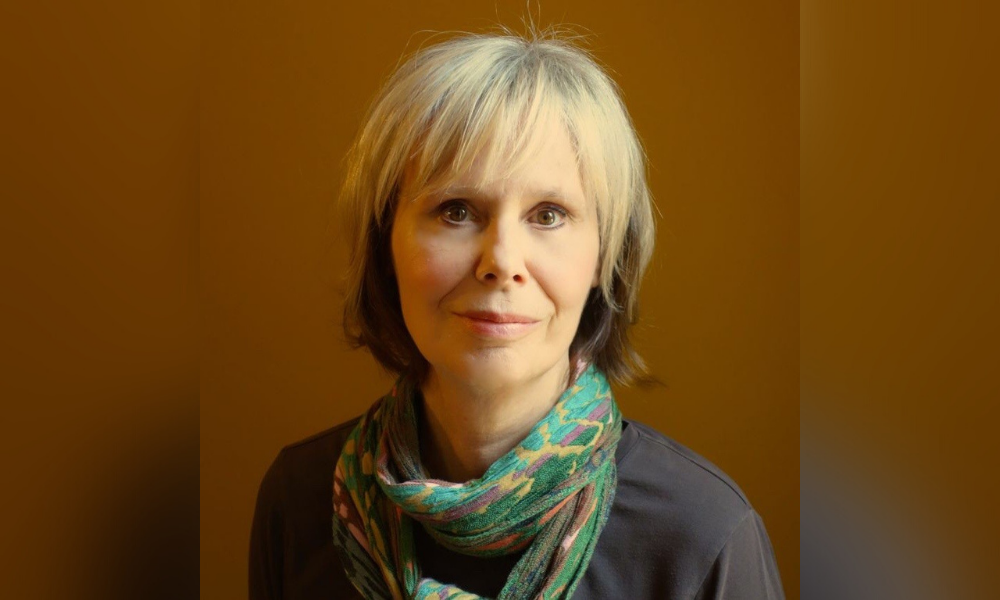
Current adjudicators cannot keep up with incoming cases and the 8,979 backlogged cases

Tribunal Watch Ontario is concerned that the Human Rights Tribunal of Ontario has not fared well over the last four years. With the loss of adjudicators’ expertise, significant backlogs and a tentative finding that race cases are poorly served by the HRTO’s new push on early dismissals, Tribunal Watch member Kathy Laird says experienced human rights lawyers are considering whether the HRTO remains a viable option for clients who have experienced discrimination or harassment.
Laird, who served as the former director of the Human Rights Legal Support Centre, says the HTRO has lost its most experienced adjudicators and that the current adjudicators cannot keep up with rising incoming cases and the 8,979 backlogged matters. She says parties have been waiting for a final discrimination decision between three to seven years.
Hundreds of applications have been dismissed preliminary or abandoned after being identified by the tribunal for potential dismissal. Previously, Laird says these cases were once subject to mediation or an oral hearing.
“The number of final substantive decisions has fallen every year, with only 16 released in the 2021/22 fiscal year, down from a pre-2018 annual average of 110,” she says. “Very few of the newly appointed adjudicators have conducted a hearing, listened to the evidence, and decided the merits of a discrimination application.”
The HRTO was established in 2008 and operated with a full complement of adjudicators until 2018 to engage fundamental rights. Laird says the caselaw from provincial human rights and federal tribunals influences judicial jurisprudence under the Canadian Charter of Rights and Freedom.
Unfortunately, the Progressive Conservative government in 2018 declined to reappoint most adjudicators appointed by the previous Liberal government and other appointees left prematurely because of the lack of job security and concern about a shifting tribunal culture. By April 2020, there were only 10 full-time adjudicators, half of the historical average of 20 and a year later, the 2020/21 Annual Report recorded only 15 full-time adjudicators.
Laird says a round of appointments has recently brought the number of adjudicators up to 21 but has still not been sufficient to deal with the volume of new applications added to the four-year backlog.
“With some exceptions, the new appointees did not bring recognized human rights expertise or significant adjudication or mediation experience to the HRTO, particularly in comparison with the panel of experienced adjudicators whose appointments were not renewed or who have otherwise left.”
Since 2018, Laird says the tribunal has held few full evidentiary hearings and has issued a steadily declining number of decisions assessing the merits of a discrimination claim based on evidence and legal argument.
Laird says that final decisions on the merits of an application are important to the parties seeking a resolution and provide public guidance about applying the Code to everyday situations.
Tribunal Watch informs that only 16 final merit decisions were released in the 2021/22 fiscal year, approximately one-seventh of the pre-2018 historical average of 110 merits decisions per fiscal year.
The HRTO operates on a “digital first” policy on hearing cases, meaning it will only consider scheduling an in-person hearing if necessary, as an accommodation under the Code, or if a party can establish that a virtual process will result in an unfair hearing.
The HRTO Open Data Inventory indicates that over 80 percent of applicants are now self-represented when they file their applications, and Tribunal Ontario is concerned that the requirement to prove “significant prejudice” to qualify for an in-person hearing can raise barriers to fair adjudication for unrepresented parties, including individuals with limited internet or computer access.
Tribunal Watch also revealed that the settlement rate at HRTO mediations has fallen to 44 percent and that the average settlement rate at mediation was 58.6 percent before 2018.
“One explanation for the falling settlement rate, voiced by experienced practitioners, is that several currently appointed mediators lack a firm grasp of human rights principles or are not skilled in mediation techniques....Mediators who have never conducted a full evidentiary hearing and lack deep expertise in human rights law will be challenged to guide the mediation process effectively.”